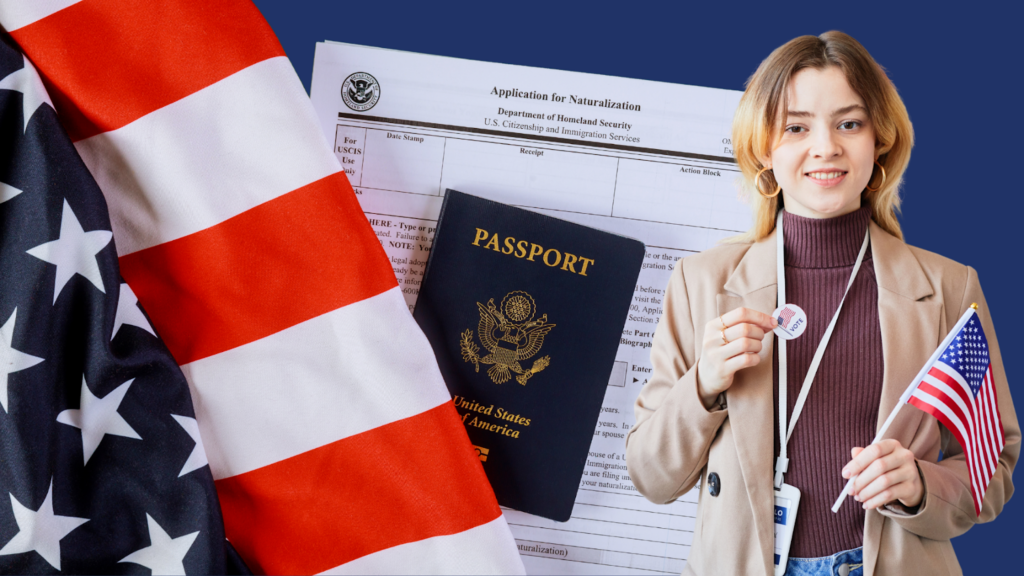The Significance of Becoming a U.S. Citizen

In a world where borders are becoming increasingly blurred and global citizenship is gaining traction, the decision to become a U.S. citizen holds profound significance. Beyond mere paperwork or legal status, obtaining citizenship in the United States opens doors to a myriad of opportunities and rights that can profoundly shape one’s life and future. Let’s delve into why this step is crucial and the benefits it brings.
Voting Rights:
One of the most fundamental aspects of citizenship is the right to vote. By becoming a U.S. citizen, individuals gain the power to participate in federal elections, including the pivotal decision of electing the President. The ability to have a say in the governance of the nation is not just a privilege but a responsibility that shapes the democratic fabric of society.
Citizenship for Children:
Another significant benefit of U.S. citizenship is the automatic acquisition of citizenship for children. This provision ensures that all minor children of citizens, regardless of their parents’ immigration status, are granted citizenship. This not only solidifies familial bonds but also provides children with a stable foundation and equal opportunities within the United States.
Protection from Deportation:
U.S. citizens are afforded protection from deportation, providing them with a sense of security and stability within the country. Unlike non-citizens whose residency status may be subject to change, citizens can reside in the U.S. indefinitely without the fear of being forcibly removed from their homes and communities. Additionally, citizens have the freedom to travel abroad for extended periods without risking their legal status or residency.
Federal Employment Opportunities:
Citizenship opens the door to a wide array of employment opportunities, including positions within the federal government. Many federal jobs require U.S. citizenship as a prerequisite, citing reasons of national security and allegiance. By obtaining citizenship, individuals not only expand their job prospects but also contribute to the functioning of critical government institutions.
In essence, becoming a U.S. citizen is more than just a legal designation—it’s a transformative journey that grants individuals a sense of belonging, participation, and security within the fabric of American society. From exercising the right to vote to safeguarding future generations’ citizenship, the decision to naturalize carries profound implications for individuals and their families. It symbolizes a commitment to the values of democracy, opportunity, and inclusivity that define the United States as a nation. Therefore, for those seeking to fully embrace the privileges and responsibilities of American citizenship, the path towards naturalization holds immeasurable importance. If you are interested in starting your citizenship journey.


